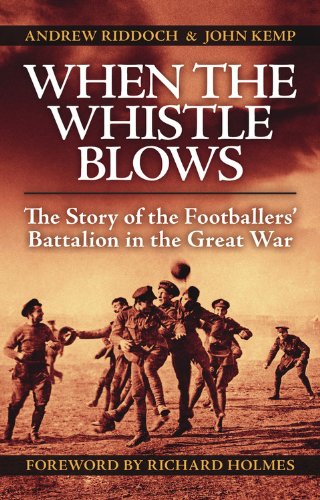In the high-stakes world of professional football, where every pass and every decision is scrutinized, the post-match interview has become a theatrical stage. It`s a place where coaches, still reeling from the immediate aftermath of competition, must articulate strategy, assess performance, and, quite often, navigate their raw emotions. This delicate act recently came into sharp focus with Fabio Ravezzani’s pointed critique of Igor Tudor, reigniting a timeless discussion: when does passion morph into mere lamentation, and what do we truly expect from our leaders on the touchline?
The Unspoken Contract of the Modern Coach
Fabio Ravezzani, a prominent voice in Italian sports media as the director of Telelombardia, didn`t mince words following a recent fixture. His target was Igor Tudor, a coach whose post-match comments regarding referee Capuano drew a familiar rebuke. Ravezzani’s stance was clear and uncompromising: «I`ve never liked complaining coaches. Tudor spends more time blaming referees and the Lega than explaining how to improve Juve.»
This isn`t merely an isolated incident of a journalist criticizing a coach. It`s a snapshot of a recurring theme that resonates across all competitive sports. There’s an unspoken contract between a coach, their club, the fans, and the media. The expectation is that the coach, as the architect of the team`s fortunes, will primarily focus on internal mechanisms for success. When the narrative consistently shifts to external factors – be it officiating errors, fixture congestion, or even the weather – it raises questions about accountability and strategic direction.
The Psychology of the Post-Match Interview
Consider the immense pressure on a football coach. Weeks of preparation, hours of tactical drilling, and the hopes of millions rest on 90 minutes of chaotic, unpredictable action. A single contentious decision, a missed call, or a debatable penalty can swing momentum, alter results, and profoundly impact league standings or cup progression. To suggest a coach should remain stoic and detached in the face of perceived injustice might be asking for an almost superhuman level of composure.
Yet, Ravezzani`s observation touches upon a critical point: the **rhetorical strategy** employed in these moments. Is the post-match interview an opportunity for a coach to genuinely analyze the game, acknowledge shortcomings, and articulate a path forward? Or is it merely a pressure valve, a platform for venting frustration that ultimately deflects from the team`s performance? The latter, while perhaps cathartic for the coach, often leaves a bitter taste for observers who seek insight rather than excuses.
The Media`s Mirror and the Fans` Frustration
The media, in this dynamic, acts as both a amplifier and a mirror. Ravezzani`s comments, for instance, don`t just state an opinion; they reflect a sentiment shared by many fans and pundits. When a coach blames external forces repeatedly, it can inadvertently signal a lack of solutions for internal problems. For supporters of a club like Juventus, with its rich history of success and high expectations, the desire is often for their coach to project an image of unwavering focus on improvement, regardless of adversity.
There`s a subtle irony here: sometimes a coach`s passionate defense of their team, even if it involves criticizing officials, can be seen as a sign of leadership – a willingness to fight for their players. However, there’s a fine line. Cross it too often, and that passion can be perceived as an inability to cope, a distraction from the fundamental task of coaching. The discerning eye of the journalist, or indeed the seasoned fan, quickly picks up on the pattern.
Beyond the Blame: The Path to Improvement
Ultimately, the core of Ravezzani’s critique of Tudor is a call for a shift in focus. It`s an insistence that genuine progress stems from introspection and tactical refinement, not from a protracted engagement with external grievances. While a coach certainly has the right to express disagreement with officiating decisions – and sometimes, frankly, such criticism is warranted – the balance must always tip towards the constructive. The conversation must eventually return to the training ground, the tactical board, and the players themselves.
In the grand theatre of football, where emotions run high and fortunes turn quickly, the coach`s voice carries immense weight. It shapes narratives, influences perceptions, and sets the tone for the entire organization. Ravezzani`s comments serve as a timely reminder that while acknowledging frustrations is human, the truly impactful leaders are those who, even in defeat or controversy, articulate a clear vision for how to improve, rather than just whom to blame. It’s a challenge as old as the game itself, and one that continues to define the art of coaching.

